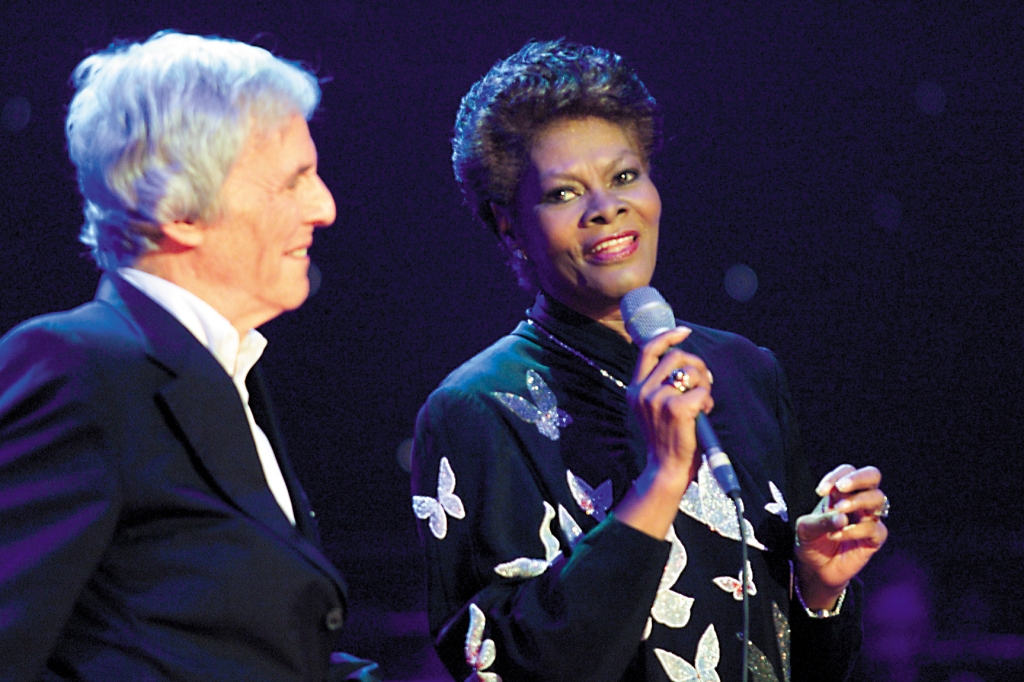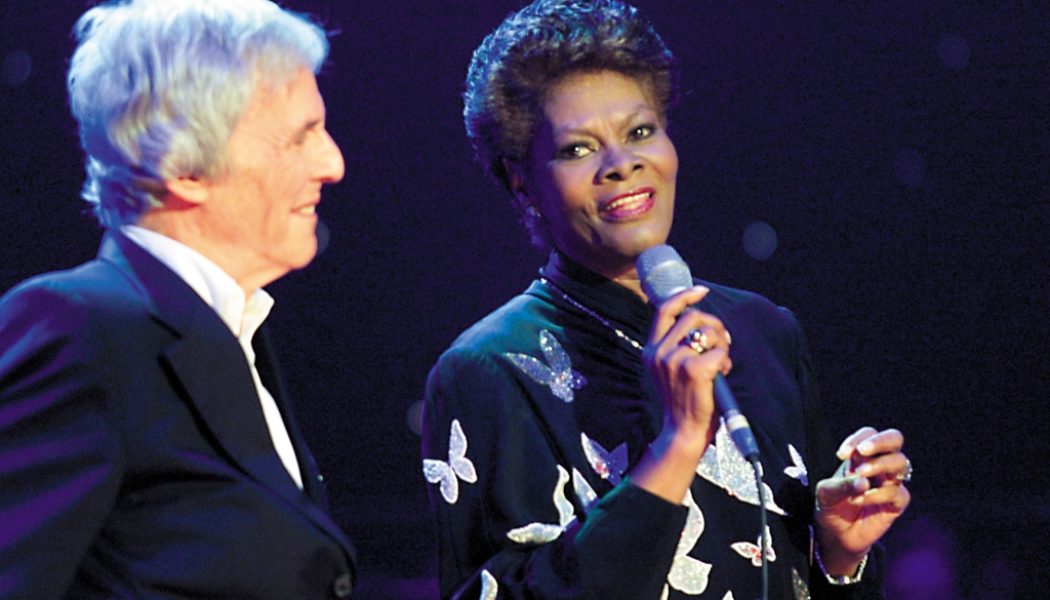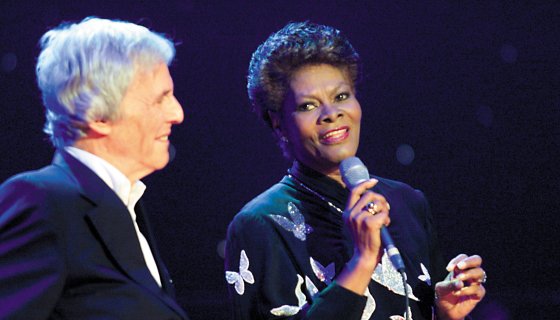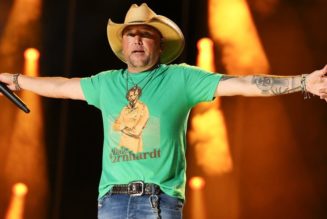
Source: JMEnternational / Getty
Legendary songstress Dionne Warwick spoke publicly for the first time on the passing of songwriter Burt Bacharach, whom she considered a “family member.”
On Thursday (Feb. 9), the singer released a statement through social media a day after the composer passed away at the age of 94. “Burt’s transition is like losing a family member,” she began. “These words I’ve been asked to write are being written with sadness over the loss of my Dear Friend and my Musical Partner.”
“On the lighter side we laughed a lot and had our run-ins, but always found a way to let each other know our family, like roots, were the most important part of our relationship. My heartfelt condolences go out to his family, letting them know he is now peacefully resting and I too will miss him.” Warwick would follow up the statement by sharing a photo of the two via her Twitter account.
The Newark, New Jersey native first met Bacharach in 1961 while she was a backup singer in sessions for The Drifters along with her sister, Dee Dee Warwick, and her aunt, Cissy Houston. In his 2013 memoir Anyone Who Had a Heart, he recalled that meeting fondly. “Right from the first time I ever saw Dionne, I thought she had a special kind of grace and elegance that made her stand out,” he wrote. “There was just something in the way she carried herself that caught my eye. To me, Dionne looked like she could be a star.”
The two would collaborate with lyricist Hal Davis to create Warwick’s first single, “Don’t Make Me Over” in August 1962. That would begin an impressive run of 33 hits on the Billboard charts for Warwick which included “I Say a Little Prayer,” “Do You Know the Way to San Jose,” and “Walk On By.” These along with four other songs would be part of the top 10, making Warwick the biggest woman singer of the rock and roll era.
Bacharach and Warwick would have a falling out in the 1970s after David and Bacharach split, with the singer suing both men for breach of contract. She and Bacharach would reconcile, teaming up to create the hit 1985 single “That’s What Friends Are For,” which won the Grammy Award for Song of The Year – the only win for the composer out of the four times he was nominated.










